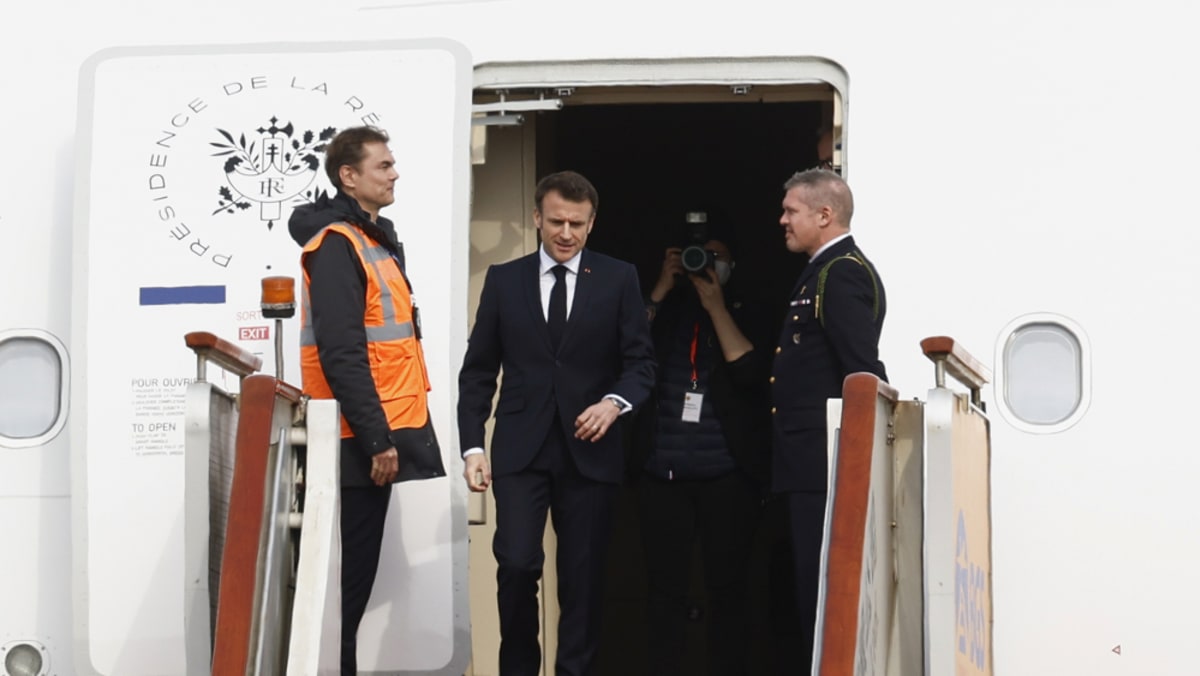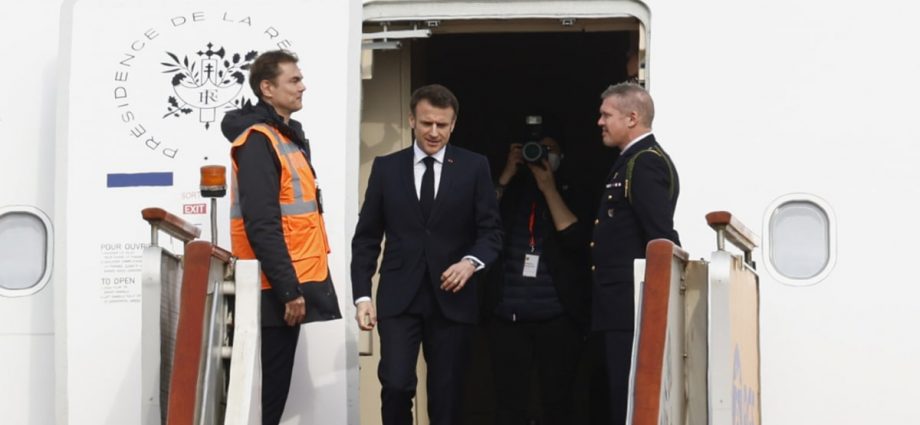
“What’s important for the Chinese leaders to understand is that on a daily basis, Europeans are watching this war unfold in Ukraine. It’s not business as usual,” said Mr Le Corre, who is a senior fellow at the Asia Society Policy Institute’s Center for China Analysis.
“From French President Macron’s point of view, he has to go back home with … at least commitments (from Beijing), one step further from the sort of neutrality that China has been talking about, which is not considered as neutral in most circles.”
Ties have also soured over “market discrepancies”, said Mr Le Corre, citing EU chief von der Leyen’s call for more defensive tools – such as anti-coercion instruments – to counter China’s assertiveness as a “systemic rival”.
Furthermore, there is a desire among EU member states to reduce the alliance’s economic dependence on China, said Prof Cabestan. He added that some countries have placed tougher screenings on Chinese investments and put in place safeguards to prevent the transfer of military and digital technologies to Beijing.
“It’s not the end of business, but I think business with China will become more selective,” he said.
CHINA-EU ECONOMIC TIES
China’s ambassador to the EU Fu Cong last week renewed calls to revive a proposed investment deal between the EU and China, which has been stalled since 2021 as a result of tit-for-tat sanctions over human rights concerns.
Mr Fu suggested that the Comprehensive Agreement on Investment (CAI) can move forward if sanctions on both sides were mutually lifted.
However, Mr Le Corre said he is not optimistic about any progress on the agreement, at least not during this week’s diplomatic visits, as many of the EU parliamentarians sanctioned by China are not represented.
“Some of the reasons why the deal is now frozen have not really changed. For example, China’s commitments to ratifying the convention on forced labour, the repression against the Uyghur minority in Xinjiang … all these things are still happening,” he told CNA’s Asia Tonight.
However, he expressed hopes that Mr Macron and Ms von der Leyen’s trip will kick-start more diplomacy between the EU and China.
“It’s difficult because there are so many discrepancies and differences between the two sides,” said Mr Le Corre.
“Let’s hope they at least engage this time, which is not a foregone conclusion … This will be followed by more visits and exchanges, which are utterly necessary.”
Mr Macron is set to hold talks with China’s President Xi and other officials on Thursday and visit the Chinese city of Guangzhou on Friday.

